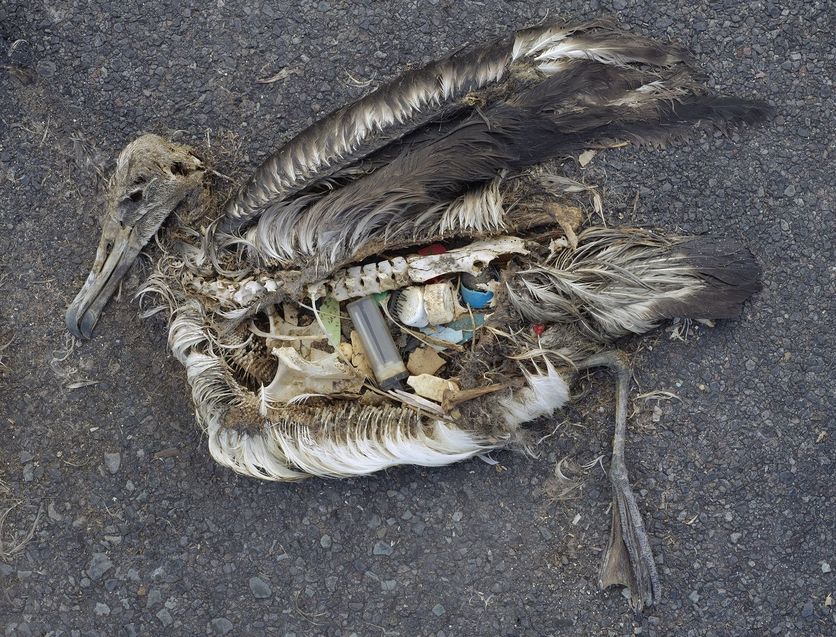Join us for another thought-provoking "Hot Topic" discussion with Kim Hill!
This year's topic: 'PLASTIC – how do we live with it' and Kim Hill will lead a panel of experts to delve into the issues surrounding plastic usage. Once the panel has deliberated their views, the audience will be invited to question panel members.
Issues relating to the problems associated with our overuse of plastic have been prevalent for many years and its disastrous impacts on ocean life are well catalogued. The panellists will discuss all issues relating to how essential plastic might be, our ability to reduce consumption, and our means of recycling the plastic we use.
The evening is always a well-attended stimulating and enjoyable occasion – all are welcome.
Panellists
- Rob Wilson | Operations Manager, EcoCentral
- Rachel Barker | CEO, Plastics New Zealand
- Professor Ian Shaw | Professor Canterbury University
- Professor Gavin Lear | Professor Auckland University
Event Details
- Booking is not required. Doors open 6.30 pm, Event starts 7.30 pm.
- $5 koha on the door.
- Refreshments and nibbles are provided with alcoholic beverages available from a cash bar.
Location: Lecture Theatre One, Stewart Building, Lincoln University, Ellesmere Junction Road, Lincoln
For more information see: https://events.humanitix.com/living-with-plastic
Related content
See these videos featuring Kim Hill and others talking plastics. These are excerpts from Science and the Plastics Problem, directed by Shirley Horrocks and produced by Point of View Productions.
Use the resource Thinking about plastic – planning pathways, which includes our interactive planning pathway, to begin a cross-curricular look at plastics.
New Zealand science organisations Royal Society Te Apārangi and the Office of the Prime Minister’s Chief Science Advisor have created reports and resources to help us rethink plastic, this includes a timeline of plastic innovations and impacts. In December 2019, the findings were released in a report titled Rethinking Plastics in Aotearoa New Zealand.
This article curates a wide range of Science Learning Hub resources for primary teachers related to recycling and biodegradability in the Material World strand of the New Zealand Curriculum.
Find out about the Ocean Plastic Simulator – an interactive computer tool that shows where virtual plastic is likely to end up when it is dropped in the ocean.
Citizen science
Discover how teacher Dianne Christenson used the online citizen science project The Plastic Tide to help develop students’ science capabilities in a unit on sustainability in this case study and unit plan.
Bring some citizen science into the classroom with the local Litter Intelligence or the international project Litterati.
Activity ideas
Use Dianne’s unit plan as inspiration for a focus on sustainability.
Use these activities with your students to further investigate litter and the impact it has on our environment:
Useful links
See the Royal Society Te Apārangi website for the report Plastics in the Environment and other resources.
Visit the Office of the Prime Minister’s Chief Science Advisor website for information about Plastics and the environment and the Rethinking plastics report.

